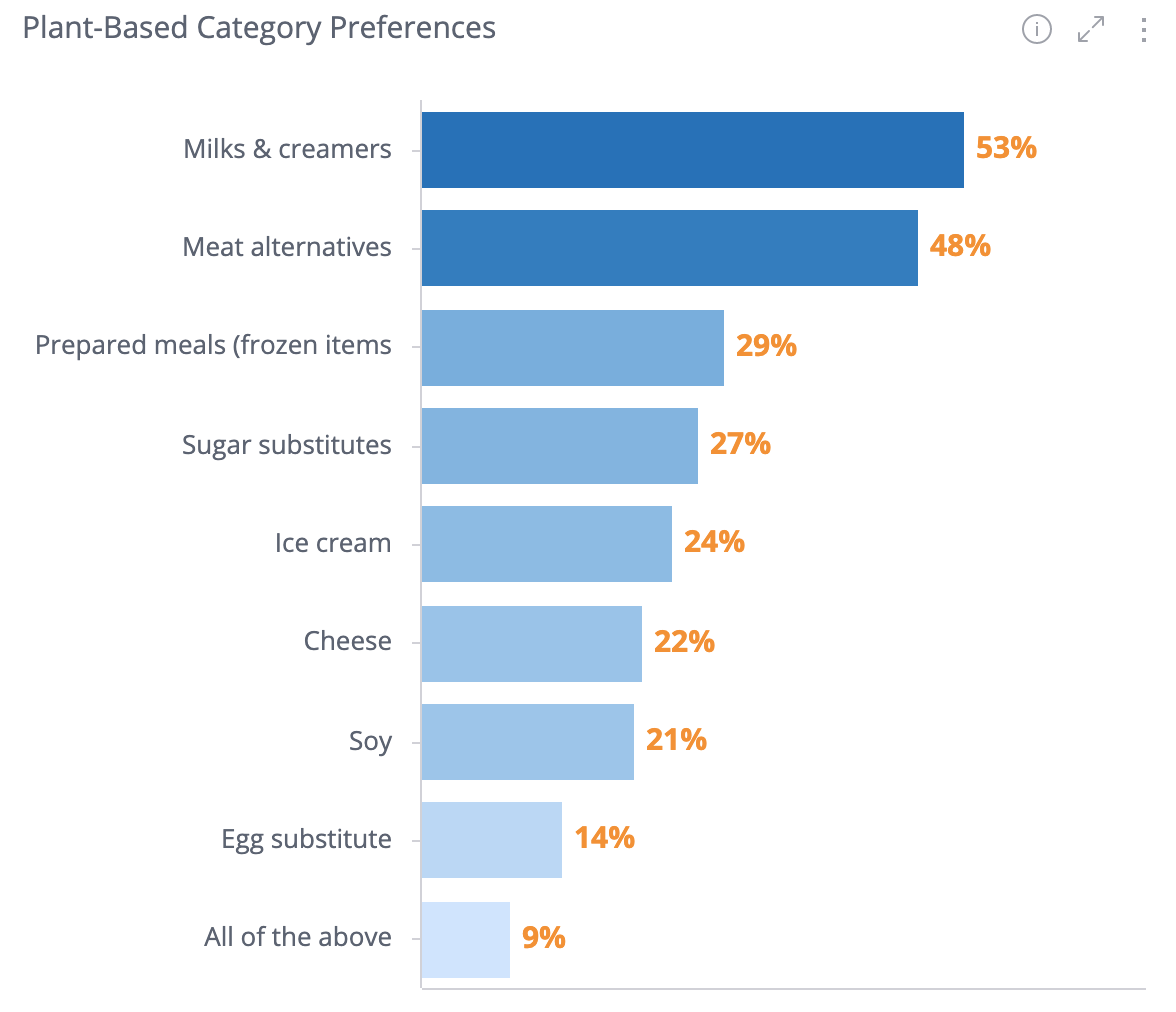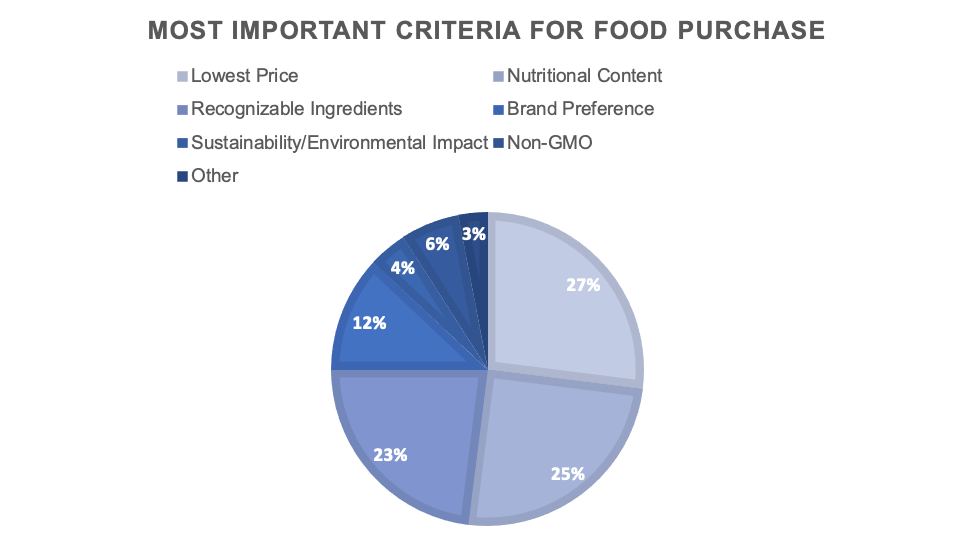If you’re like me, it feels natural to almost block anything to do with “COVID-19” in order to remain focused and concentrated on the daily tasks at hand. Here at Wiser Solutions, we’ve been strategizing about how to offer valuable communications with both our current and prospective customers during this time of what seems like ambiguity accompanied by evolving uncertainty.
We’ve been reading market news to become educated on how our customer industries have been impacted—for better or for worse. Even so, it remains challenging to translate our empathy and business aid as a partner while being outsiders to any organization.
Whether you’re an Account Executive at a lean B2B software startup, a Brand Manager at a well-established CPG company, or a Field Representative for an emerging food brand – we are, plain and simple, consumers when we aren’t identifying ourselves in our respective roles. When we’re in our day-to-day we feel that the consumer can be, sometimes, so very far from us. One practice that we can do to retract that illusion of reach is reflect upon our own behavior as consumers and test to see if that is replicated amongst a sample size at scale.
Are Americans stashing up on meat out of panic or is there a serious shortage going on here?
A few Wiser colleagues and I started to notice that we were buying even more plant-based offerings than we ever had before. When it comes to my own shopping habits, I consider myself a plant-based flexitarian. I don’t buy meat in the grocery setting. However, I will occasionally eat chicken parmesan when ordering some accredited Italian (now exclusively in the form of takeout). More recently, browsing the meat section to find my plant-based Beyond Burgers, I noticed that the animal meat was completely out-of-stock. This stayed true for the next couple of visits to my local Acme.
The question then became, “Are Americans stashing up on meat out of panic or is there a serious shortage going on here?” It turns out that it’s been a bit of a blend. According to a recent report published by USA Today, “outbreaks of the novel coronavirus have shuttered an alarming number of America’s meatpacking facilities in recent weeks, with at least 4,400 workers falling ill across 80 plants, causing 28 to close for at least one day.”
USA Today also reports that this doesn’t mean that there is a massive shortage problem. However, if a store has a relationship with a supplier whose plant isn’t open, there’s a chance that animal meat may go out of stock in that store.
Despite the spotty closings, with an additional announcement from Tyson’s CEO warning of meat shortages, we started to wonder—what was the status of plant-based diets amongst our population during this time when grocery shopping is anything but predictable?
According to Harvard’s Health Blog, “plant-based or plant-forward eating patterns focus on foods primarily from plants.” While it might seem obvious, I’ve felt that the plant-based “lifestyle” is more of a journey to be taken in steps. There seems to be none of the implied harshness, if you will, and guilt to be felt as you continue to order pepperoni on your pizza after telling your colleague you’re plant-based the day before. The focus seems to be that of a pattern in terms of enjoying and relying on plants for incremental nutrition more so than animal meat.
While some peers cannot fathom the idea of giving up meat in an effort to be more plant-based, there is another culinary world to be explored amongst categories that include meat alternatives, coffee creamers, confectionary desserts, and more. It’s less about what you’re going to miss and more about what you’re going to explore.
We wanted to better understand the state of plant-based lifestyles nationwide amongst our crowd of consumers. Each of these consumers has our business-to-consumer app called Mobee downloaded onto their mobile devices. We designed a survey to obtain the following insights as a “mission” for our crowd to complete at home followed by a monetary reward.
How Has COVID-19 Changed Their Consumption?
Interestingly enough (I say that, questioning the health of what I’ve been eating these last couple of weeks) 64 percent of those who prefer plant-based when available said that the pandemic has caused them to shop healthier. Of those, 35 percent said that they are looking for more plant-based alternatives and raw whole foods as part of this “healthier shopping” shift in their grocery agenda.
What About Before COVID-19?
Of respondents who prefer to buy plant-based when available, 42 percent of consumers said that they have begun to prefer buying plant-based alternatives within the last year. Consumers have shifted their preference mainly with the intent of enabling healthier eating habits (38 percent) while others shifted due to environmental and sustainability beliefs (10 percent). Among other reasons include morality with regard to animal welfare, digestion, and weight loss.
What Are Their Favorite Categories Within Plant-Based Offerings?
We have a close one here! Milks & creamers win while meat alternatives come in a close second. Examples of plant-based creamers may include the popular Original Coconut Creamer from Trader Joe’s or the premium Original Hemp Creamer from Elmhurst.

Let’s Say That They’re Considering a Food Purchase Inside of Grocery. What’s the Top Thing That Drives Their Decision?
Of respondents who claim that they prefer plant-based offerings when available, the below chart covers the top reasons they consider in making a food purchase.

Are Consumers Who Prefer Plant-Based When Available Happy with Their Grocer’s Options of Plant-Based Alternatives?
In general, a little over half of the consumers in this bucket feel “somewhat satisfied” or “neither satisfied nor dissatisfied” with their grocer’s plant-based options. Interestingly enough, 13 percent of these consumers are “somewhat dissatisfied” or “very dissatisfied,” claiming that there are nowhere near enough options to meet their preferences.
One of my favorite Ted Talks of all time is “The Happy Secret to Better Work” by Shawn Anchor. He describes an advantage by essentially training your brain to look at challenges as opportunities. By shifting into this positive mindset, this will result in being more productive.
The question I’d like to pose is: Can we take the challenges that we are met with during this time and turn them into opportunities?
I think the above clearly implies the answer is YES for the plant-based category.
If you’d like to learn about how you can connect with your own consumers, please reach out to me at clampert@wiser.com.
Key Takeaways
If you’re looking to win in the plant-based category:
• Now is the time. Forty-two percent of consumers just began to search for plant-based offerings in the last year alone.
• Consumers are already more apt to trying plant-based meat alternatives and creamers.
• You must aim to have the lowest price, high nutritional content with easy to understand ingredients.
• There is an opportunity for retailers to improve their plant-based assortment offerings to meet newfound consumer preferences.
Check out our infographic below for more results from this survey:















